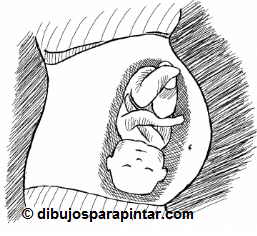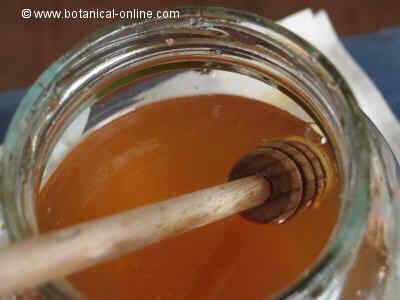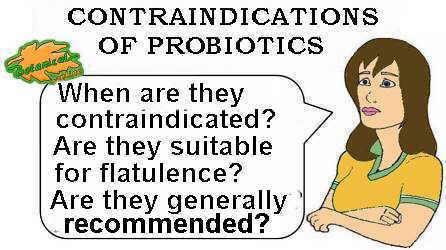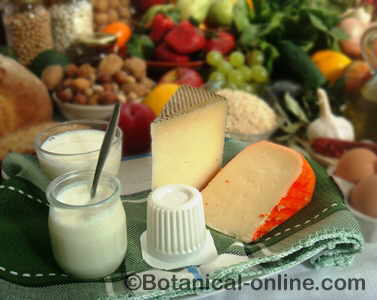Contents
Dangers of herbal supplements
Precautions and possible dangers of phytotherapy
With medicinal plant supplements, more caution should be taken because many of them have unknown side effects and interactions with medications (capsules, tablets and tinctures).

Among the main contraindications of medicinal plant supplements we can mention the following:
- Anticoagulant or circulation plants: plants that thin the blood are dangerous when combined with anticoagulant medications. Its effect can be enhanced to the point of causing hemorrhage. The main anticoagulant plants are: ginkgo, horse chestnut, garlic, willow, rue and other anticoagulant plants.
- Plants for menopause and libido: maca, soy, fenugreek, clover and other plants with phytoestrogens have contraindications if contraceptive medications are taken. Nor should they be taken in breast cancer.
- Plants that increase the defenses: they usually present contraindications with people who have autoimmune diseases and in people with leukemia: echinacea, probiotics, shiitake, maitake, cat’s claw, royal jelly, pollen, etc.
- Fiber supplements: Supplements such as glucomannan, plantain, psyllium, flax or chia seeds can interfere with the absorption of medications.
- Evening primrose oil and EPA and DHA fish oils: These are generally considered safe supplements, but people taking medications should be careful about combining them with drugs that have the same effect (anticoagulants and anti-inflammatories). Sometimes they have a laxative effect. Do not exceed the recommended daily amount. Fish oils must be free of heavy metals.
- Infusions: infusions may be contraindicated depending on the person, the dose and the medicinal plant. In general, it is recommended not to exceed 3 cups of infusion daily (1 teaspoon per cup). Children need lower doses than adults. In other cases, infusions are not effective, depending on the plant. For example, turmeric teas are not recommended.
- Hypericum or St. John’s wort: this plant causes drugs to be metabolized (inactivated) earlier, such as cyclosporine or alprazolam, used in the treatment of depression and anxiety. This is an important interaction, since this plant is recommended for anxiety and depression, yet its use with medications that have the same effect is counterproductive.
Supplements during pregnancy

During pregnancy, certain vitamin and mineral supplements are recommended to ensure a good supply of certain nutrients and prevent fetal diseases. The most common supplements are: folic acid, calcium, vitamin D, omega 3 DHA and B12 supplements in vegetarian mothers.
Contraindications of medicinal plants during pregnancy and breastfeeding
Most treatments with medicinal plants are contraindicated during pregnancy because they can cause fetal abnormalities. In some cases this contraindication is known (abortive plants), and in other cases it is not recommended as a precaution.
Phytochemicals from a plant have unexpected effects on the fetus. It should be considered that the effects of a plant depend on the weight of the individual. A fetus, given its small size, is very vulnerable to the effects produced by even small doses of a plant. For the same reason, medicinal plants are not recommended during lactation, since they can reach the baby through breast milk.
Herbal supplements for young children
Can small children take plants? More and more parents decide to use herbal remedies for their children, but it is necessary to do it with knowledge, since not all plants can be administered to children, and if it is not done properly, adverse effects and problems can appear.
Can different medicinal plants be combined?
It is not known if the combination of different plants interact with each other in their effect, because there is no bibliography on the matter. Remember that if any symptom does not improve or worsens, you should always consult a doctor. In general, it is not recommended to combine different plants with the same effect.
*More information: Is it bad to mix medicinal plants?
![]() More information on food supplements
More information on food supplements








